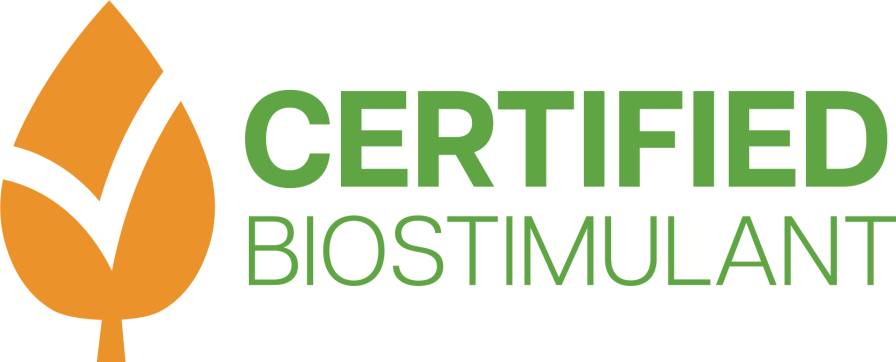American Agronomic Stewardship Alliance: A Decade Of Service
This year, 2013, marks the 10th anniversary of the American Agronomic Stewardship Alliance (AASA). Incorporated in 2004, the AASA Board of Directors is comprised of six basic crop protection product manufacturers, a variety of crop protection product distributors, agricultural retail representatives, one state pesticide control official and one national association industry representative — in all, totaling a 14-member board of directors. In 2007, the Illinois Fertilizer & Chemical Association (IFCA) was approached by the AASA board and given the opportunity/privilege of partnering with a truly great organization dedicated to educating, developing and promoting stewardship and best management practices within the agricultural retail sector.
If you are an agricultural retailer in the U.S. and store bulk crop protection products, you have been inspected by AASA to ensure your bulk storage facilities meet EPA and industry standards for operational area containment, employee training, portable refillable containers (PRCs or mini-bulk), site security, tank labeling, recordkeeping, bulk storage tanks, etc. This year’s inspections began in June in the following states: Alabama, Arkansas, Iowa, Louisiana, Mississippi, Montana, Nebraska North Dakota, South Dakota and Tennessee. Three-year summary inspection results can be viewed on the AASA Website. Interested parties can request general inspection data for specific states inspected or general inspection data collected reflecting each three-year cycle of inspections by contacting the IFCA office. Site-specific information for each agricultural retail location is kept as confidential business information, available only to the location. The AASA has compiled 10 years of general agricultural retail inspection data that contains a wealth of information available upon request.
Two Year Later
Where is the industry now in terms of compliance with the EPA Pesticide Container & Containment regulations (PCC)? What report card grade would the industry receive for compliance with EPA PCC regulations? Regulations pertaining to containment structures (dikes and load pads) and anchoring and elevating pesticide storage tanks came into effect August 16, 2009. Regulations pertaining to portable refillable containers (PRCs), stationary bulk storage tanks and pesticide repackaging came into effect August 16, 2011.
Did you know EPA may only inspect a handful of retail locations to check compliance with the PCC rule then base the status of the entire industry’s compliance efforts with the PCC regulations on those locations? This, of course, is not representative of the entire industry, whereas the AASA program has data available for every state since 2004. After reviewing the inspection data in the AASA database for the past six years, the industry as a whole is doing very well in terms of overall compliance with EPA PCC regulations. However, like anything else in life, there is some room for improvement.
A Partnership
IFCA, in partnership with AASA, is in a great position to show that our members and our industry are best served by proving to our government that we are not only capable, but willing to do what is necessary to ensure proper stewardship and utilization of our products. The AASA program is uniquely poised to help assure compliance and stewardship today and in the future. EPA established national standards for bulk pesticide management with the PCC regulations and AASA will continue to ensure the industry meets these standards.
As regulations become more prominent in the industry, the AASA inspection program assists agricultural retail facilities in proactive compliance with state and federal enforcement agencies. There are approximately 5,000 U.S. facilities storing bulk and packaged crop protection products that have been inspected over a three-year cycle that began in 2004.
This three-year inspection cycle provides for fairness by giving facilities time to address any areas of concern. Approximately one-third of the states are inspected each year by independent third-party inspectors. There is no cost to the retail facilities for the AASA inspection and each facility is provided with a confidential report of the inspection results. I give a lot of credit to the people and organizations that had the foresight to create the AASA 10 years ago.
The AASA, working with national and state trade associations, can directly interact with retailers nationwide to help them comply with state and federal regulations impacting their day-to-day business operations. It is truly an honor to administer a program with such high caliber and recognition within the industry.
Please call the IFCA office if you have any questions about the AASA program at 309-827-2774 or e-mail [email protected]. We look forward to hearing from you.





